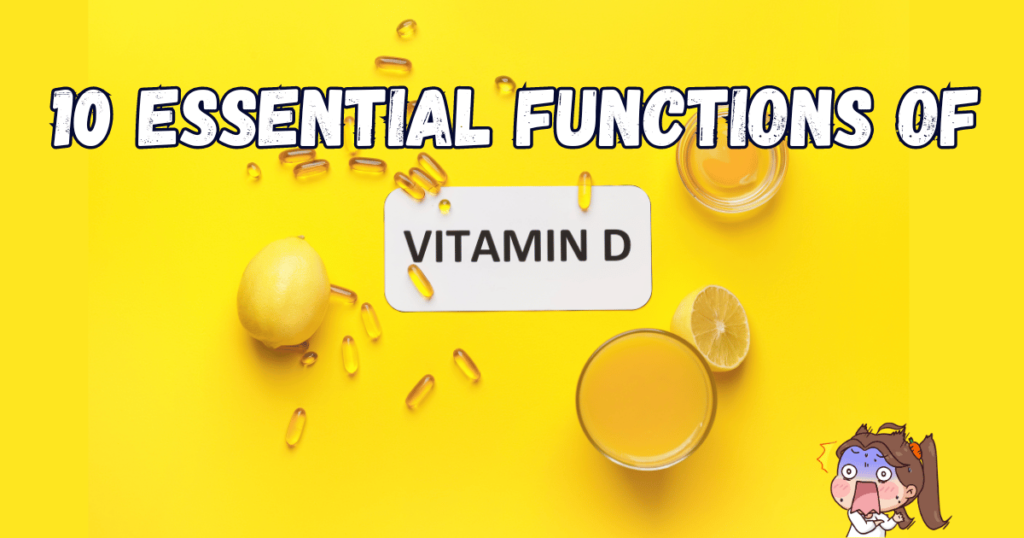Start your day right with Breakfast Foods – it’s not just a saying, it’s essential for your health and well-being. After a night of fasting, breakfast foods serves as a critical meal to refuel your body and kickstart your metabolism. It’s a golden opportunity to nourish yourself with the right foods that enhance energy levels, sharpen focus, and increase productivity.
However, the benefits of a healthy breakfast food go beyond just feeling energized. Choosing the wrong foods in the morning can lead to a quick energy spike followed by a midday crash, affecting your mood and leading to poor food choices later in the day.
To help you make better breakfast foods, we’ve compiled a list of the 15 worst breakfast foods that are commonly consumed. Some of these might surprise you, especially number 15! Stay informed and make breakfast the most important and healthiest meal of your day.
Breakfast Foods
- 1. Sugary Coffee Drinks
- 2. Fast Food Breakfast Items
- 3. Bacon and Other Processed Meats
- 4. Breakfast Bars
- 5. Low Fat or Fat Free Yogurts
- 6. Fruit Juice
- 7. Muffins and Pastries
- 8. Bagels and Their Fillings
- 9. Pancakes or Waffles
- 10. Sugary Highly-Refined Cereals
Table of Contents
1. Sugary Coffee Drinks

For many, the morning ritual of brewing coffee is essential to kickstart the day. Millions worldwide rely on this caffeinated beverage to shake off grogginess and prepare for daily tasks. Coffee itself isn’t unhealthy; it’s rich in antioxidants, supports the immune system, and can significantly enhance mood.
However, the health implications of coffee largely depend on how it’s consumed. Drinking large cups of coffee with added full-fat dairy or high-calorie nut milks, sugars, and syrups can introduce a significant number of calories from fats and sugars into your diet.
If this kind of coffee is consumed in combination with other unhealthy breakfast choices, it can lead to exceeding your daily calorie intake. Conversely, relying solely on black coffee for breakfast can result in a calorie deficit. This not only hampers your energy levels but also means missing out on the essential nutrients, fiber, and protein that a balanced and nutritious breakfast provides.
For a healthier approach, consider enjoying coffee in moderation and pairing it with a nutritious breakfast to ensure you start your day energized and nourished.
2. Fast Food Breakfast Items

Picture this scenario: You’re running late for an important work meeting, feeling exhausted and without time to whip up a healthy smoothie. Or perhaps, you’re on schedule but nursing a hangover from the previous night’s festivities. In these moments, many of us might opt for the convenience of the nearest fast-food outlet to grab a quick breakfast fix.
Options like sausage muffins, cheese toasties, hash browns, and bacon sandwiches are readily available and might seem like a quick solution to your hunger and fatigue. While these choices can provide an immediate energy boost, it’s often short-lived, and you might find yourself crashing before you even make it through your meeting or deadline.
Fast food breakfasts, typically fried or processed, are loaded with saturated fats, salts, and if accompanied by sugary drinks, excessive sugar. These are not the healthiest choices to kickstart your day. Starting your day with such foods can set a precedent for less healthy choices throughout the day. For a healthier alternative, consider quick yet nutritious options like a piece of fruit, yogurt, or a whole-grain sandwich to sustain your energy levels more effectively.
3. Bacon and Other Processed Meats
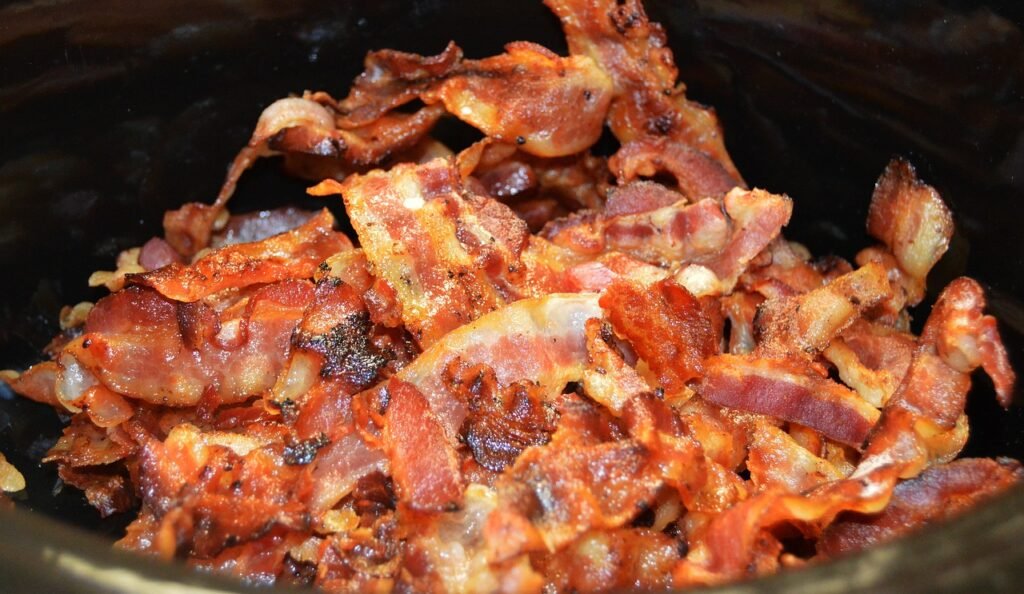
Bacon, sausages, ham, and other processed meats are often appealing due to their added salts and flavor-enhancing processing methods, especially for meat lovers. However, these meats are high in saturated fats, which are calorie-dense and can contribute to health issues, including weight gain.
Another concern with processed meats is their high salt content. Excessive salt intake can lead to immediate effects like thirst and dehydration. Additionally, long-term consumption of processed meats is associated with stomach and intestinal problems.
On the positive side, these meats do provide protein, which is essential for keeping us full and energized for our morning activities. However, for a healthier breakfast rich in animal protein, consider eggs. Eggs, whether poached, boiled, or scrambled, served on wholemeal toast, offer a nutritious, low-fat alternative that is both energizing and satisfying.
It’s not necessary to completely eliminate bacon and sausages from your diet. If you enjoy these items, consider having them as an occasional treat, perhaps on weekends, rather than as a daily breakfast choice. This approach allows you to enjoy these foods while maintaining a healthier overall diet.
4. Breakfast Bars
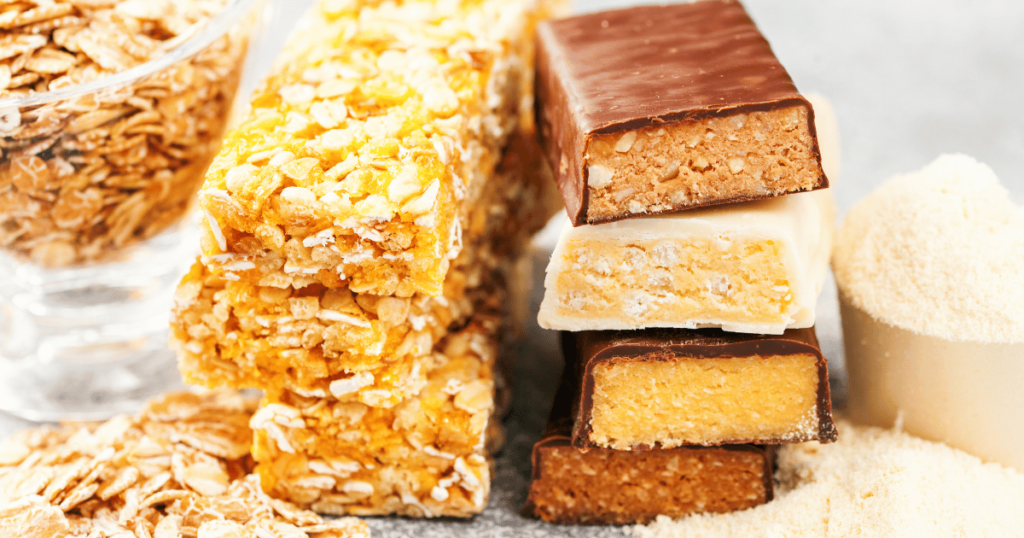
Breakfast bars, often marketed as a convenient and healthy option for athletes and busy individuals, require careful consideration. Despite being promoted as a quick substitute for cereals like granola or muesli, many breakfast bars are not as healthy as they claim.
The main issue with breakfast bars is their high added sugar content, frequently from sugar syrups and honey used to bind the ingredients into a bar form. It’s crucial to read the label and check the ingredients. Like many commercial cereals, these bars can contain significant amounts of added sugars.
Additionally, when eaten on their own, breakfast bars often lack sufficient protein. Protein is essential for feeling full and satisfied, so a breakfast bar alone might leave you hungry soon after. This lack of protein can be a drawback for those looking for a sustaining meal to start their day.
To make a healthier choice, look for breakfast bars with lower sugar levels, no added sugars, and added protein sources like peanut butter. Alternatively, complement a healthier version of a breakfast bar with a glass of cow’s milk or a plant-based milk alternative, such as soy or almond milk, to add protein and make it a more filling breakfast option.
5. Low Fat or Fat Free Yogurts
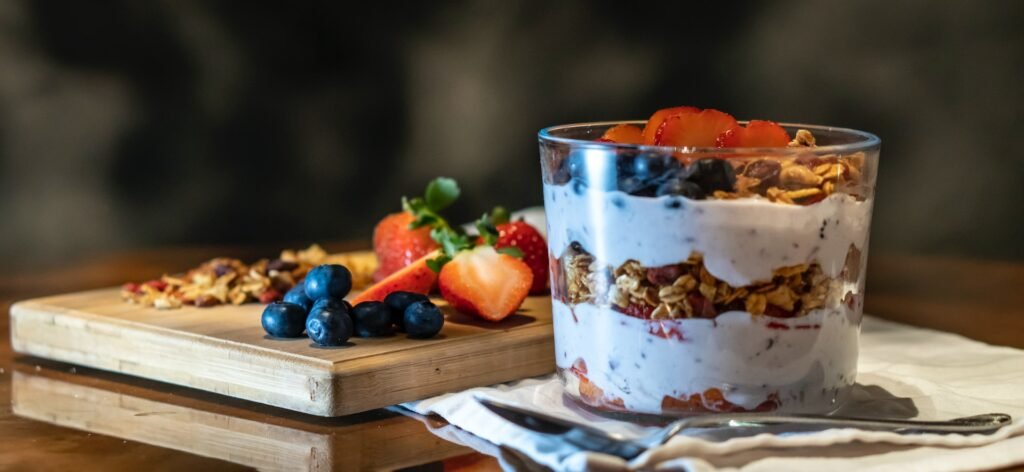
Yogurt, whether made from cow’s milk or plant-based alternatives like soy, is an excellent choice for a healthy breakfast. It’s packed with protein and probiotics, which are beneficial for gut health.
However, when opting for low-fat or non-fat yogurt varieties, especially the fruity ones, be cautious. These often contain more added sugars than their full-fat counterparts. This is also true for plain or Greek-style low-fat yogurts. The reason is simple: when fat is reduced, sugar is often added to enhance flavor. So, if you’re choosing a low-fat yogurt, it’s essential to read the ingredients list and nutritional information to check for added sugars, which can be listed as sugar, sugar syrups, honey, or glucose.
A useful tool is the traffic light labeling system on packaging; if the sugar content is indicated in red, the yogurt likely contains added sugars, contradicting its ‘healthy’ label.
Moreover, low-fat yogurt without added sugars is not very high in calories and might not keep you full for long. To make it a more substantial and nutritious meal, consider adding your favorite fruits and a sprinkle of chopped nuts or oats. This combination not only enhances the flavor but also adds essential nutrients, making your breakfast both delicious and healthful.
6. Fruit Juice
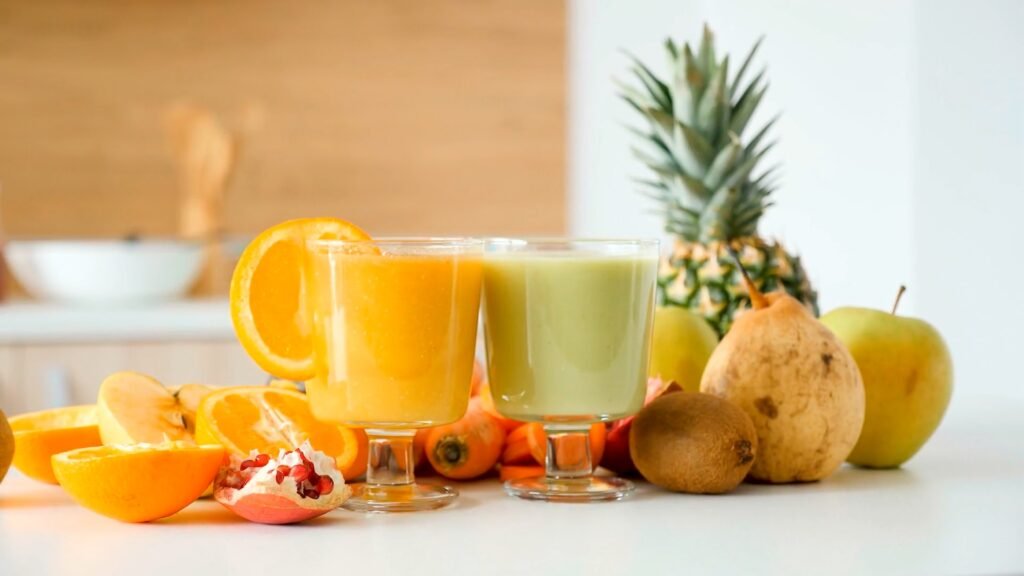
Coffee and orange juice are popular breakfast accompaniments, and there’s nothing wrong with enjoying a small glass of fresh juice (about 150ml) as part of a balanced breakfast. However, consuming larger quantities daily can lead to excessive sugar intake.
Consider this: you might comfortably eat one or two oranges in a sitting, but a large glass of freshly squeezed orange juice can contain the juice of double that amount. Oranges, like all fruits, are nutritious, rich in vitamin C and other essential vitamins and minerals. But they also contain fructose, a natural fruit sugar. A moderate intake of one or two oranges means a reasonable amount of fructose, but drinking the juice of four or more oranges significantly increases your sugar consumption.
Additionally, fruit juices lack the fiber found in whole fruits. Fiber is crucial for maintaining good gut health. Drinking fruit juice alone for breakfast can also leave you feeling hungry soon after due to the lack of fiber. Therefore, it’s advisable to consume whole fruits more often and limit your juice intake, especially juices with added sugars, to maintain a healthier diet.
7. Muffins and Pastries

Muffins are undoubtedly a tempting breakfast choice, but they are essentially a form of cake, which is typically reserved for special occasions like birthdays. Even those labeled as ‘healthy’, such as blueberry muffins, are not far removed from their cake counterparts in terms of composition.
However, opting for a blueberry muffin does have its benefits, as blueberries are packed with antioxidants and vitamins that support immune health. If you do choose a muffin for breakfast, selecting a fruit-filled option is a better choice. Still, it’s best to treat muffins as an occasional indulgence rather than a daily breakfast staple.
For a potentially healthier alternative, consider savory muffins. While cheese muffins may be high in saturated fats, there are recipes that incorporate vegetables like courgette and use minimal sugar. These varieties can satisfy your morning hunger without the sugar rush. It’s also wise to approach those tempting baskets of breakfast pastries in hotels with the same mindset — enjoy them as special treats during vacations or hotel stays, rather than as regular breakfast items, to avoid starting your day with an excessive sugar intake.
8. Bagels and Their Fillings
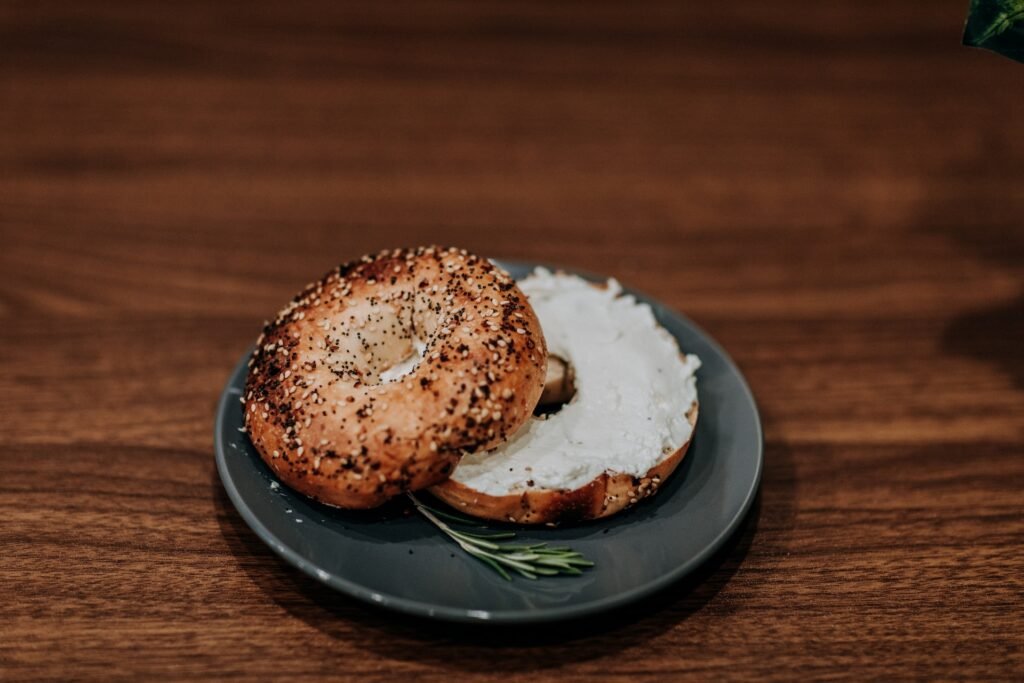
Bagels, known for their dense texture, are a preferred choice for convenient, on-the-go breakfasts due to their ability to hold fillings well without becoming soggy. Unlike typical bread, bagels are often made with white flour, which lacks the nutritional benefits of whole grains, such as fiber and essential nutrients.
A common concern with bagels is their traditional toppings — butter, cream cheese, and salt beef. These fillings are typically high in fats and, in the case of salt beef, contain considerable amounts of salt and various preservatives. Therefore, while bagels can be a satisfying breakfast option, it’s advisable to enjoy them in moderation.
To make a healthier choice, consider pairing your bagel with low-fat cream cheese, smoked salmon, or peanut butter. These alternatives not only reduce the overall fat content but also provide valuable protein, contributing to a more energizing and nutritious start to your day.
9. Pancakes or Waffles
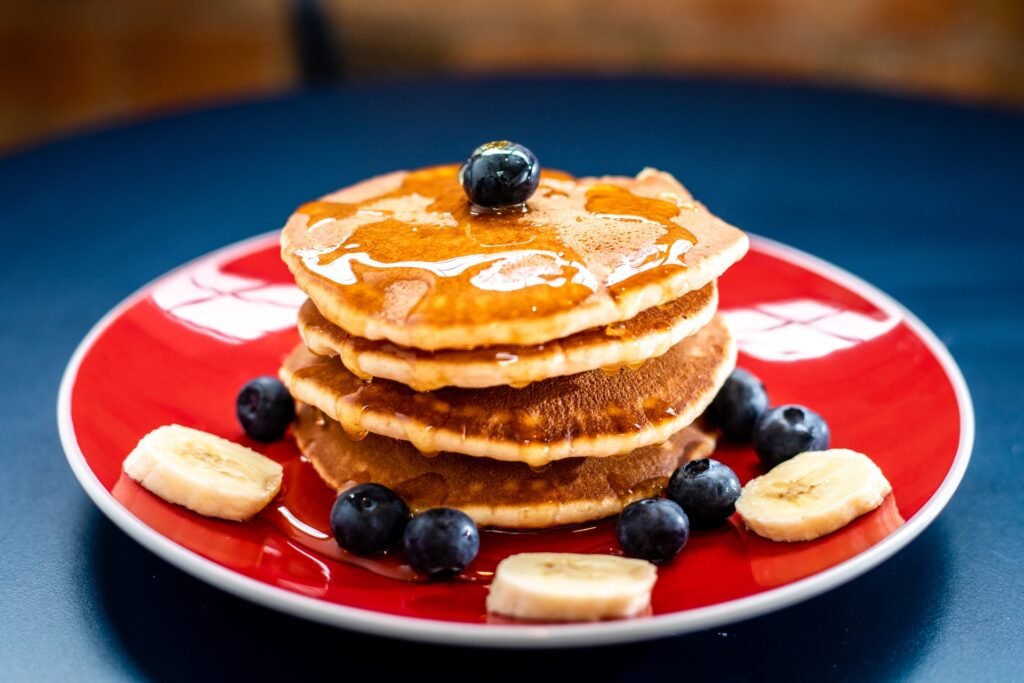
Making pancakes from scratch involves a simple mixture of flour, eggs, milk, and sugar, along with a leavening agent like bicarbonate of soda to ensure they’re light and fluffy. For those following a vegan diet, there are excellent pancake recipes that substitute eggs and milk with alternative ingredients. Additionally, if you’re gluten-sensitive, gluten-free flour options are readily available to create delicious gluten-free pancakes.
A common ingredient in both pancakes and waffles is sugar, which contributes significantly to their appeal as a popular breakfast choice. However, it’s important to note that pancakes and waffles are rarely enjoyed plain. They’re often accompanied by sweet syrups and toppings like crispy bacon, which is high in saturated fats and salt. This combination increases the overall calorie count while providing minimal nutritional benefits.
Furthermore, white flour, commonly used in making pancakes and waffles, is a processed ingredient lacking in whole grains and essential B vitamins. Given these factors, it’s advisable to reserve such indulgent breakfasts for special occasions rather than making them a regular part of your diet. This approach helps balance enjoyment with health-conscious eating.
10. Sugary Highly-Refined Cereals
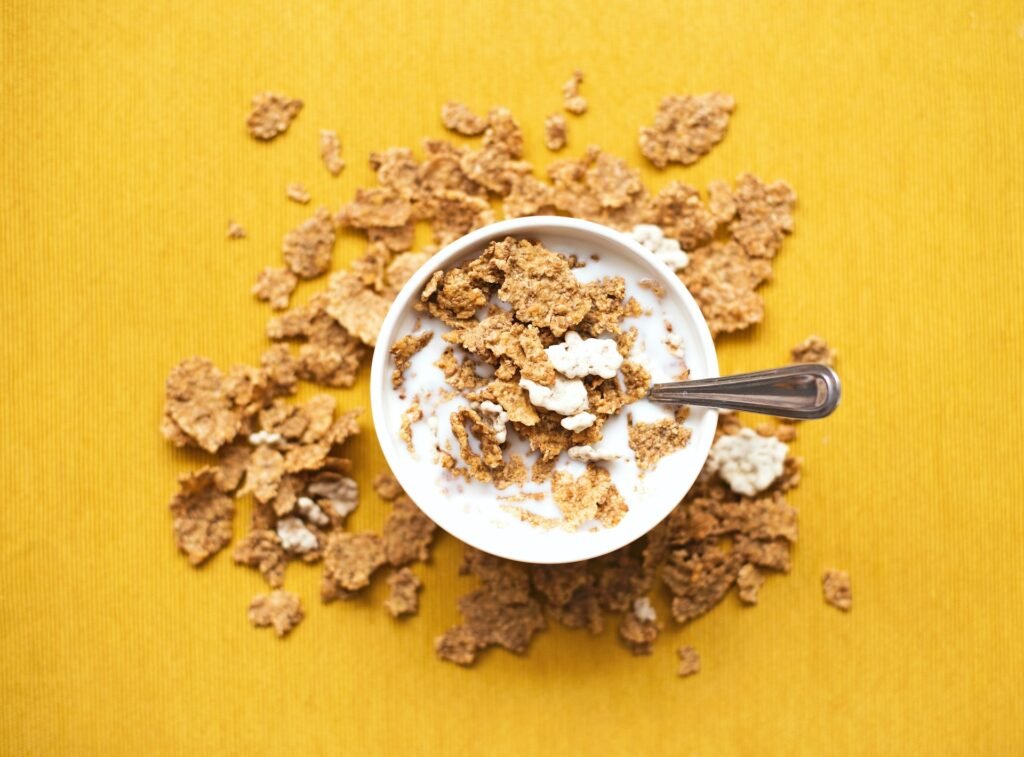
Navigating the cereal aisle can be a challenge, especially when it comes to finding healthy breakfast cereals. While it’s common knowledge that brightly colored children’s cereals are often high in sugar, the real concern lies with cereals that are marketed as “healthy” yet still pack a sugary punch.
The truth is, breakfast cereals can be a convenient and nutritious option for starting your day, but only if you choose wisely. The key is to look for cereals made from whole grains and free from added sugars. This ensures you get a wholesome, energy-boosting meal without the unnecessary sugar spike.
Beware of popular choices like puffed rice, honey-coated nuts, and frosted flakes, whether they’re branded or store versions. These cereals are typically loaded with sugar, leading to a brief energy boost followed by a rapid decline, leaving you hungry and more likely to reach for unhealthy snacks.
To maintain steady energy levels and avoid the pitfalls of high-sugar cereals, always check the nutritional labels. Opt for cereals rich in fiber and made with whole grains, such as shredded whole wheat, unsweetened corn flakes, or traditional porridge oats. However, be cautious with microwavable porridge options, as they often contain hidden sugars in the form of syrups. By making informed choices, you can enjoy a delicious and healthy breakfast that keeps you satisfied until lunch.
check this out Are Plant-Based Milks Healthier Than Dairy Milk?


